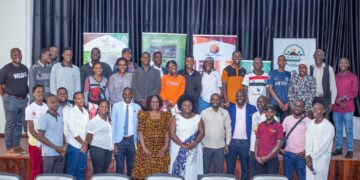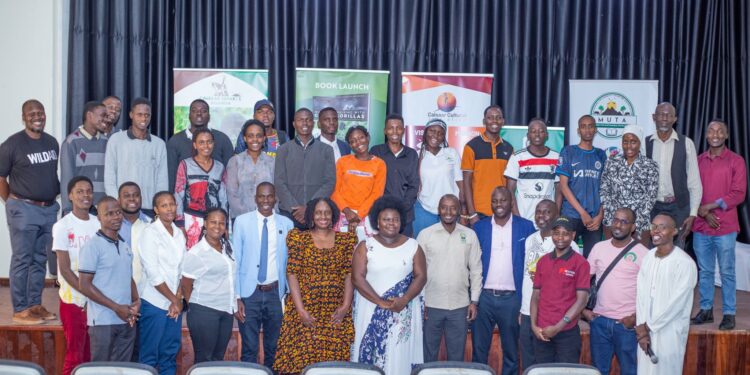Key stakeholders in tourism and conservation have emphasized the critical role of culture in supporting conservation efforts.
Speaking at the Cultural Symposium held at Makerere University, Dr. Gladys Zikusoka, a wildlife veterinarian and founder of Conservation Through Public Health, noted that cultural beliefs and practices help promote and preserve wildlife.
“Our tribes and clans are named after wildlife, and this leads to deep respect for them. In Buganda, we have the lion clan — Empologoma — and they treasure their totems. This attachment promotes preservation and conservation,” she said.
She added, “With cultural tourism, people don’t have to visit only the gorillas, but also the communities. When community members see the benefits and proceeds from tourism, they are more likely to protect the protected areas and heritage sites.”
Okello Ronald Rimbosh, a Quality Assurance Officer at the Uganda Tourism Board, echoed similar sentiments. “As communities living next to protected areas, we conserve and preserve the animals because they are part of us. In my clan, the lion is important, and the rhino is also a symbol of our tribe.”
Babra Babweteera, CEO of the Cross-Cultural Foundation of Uganda (CCFU), pointed out that the lack of culture-related programs and failure to integrate culture into the education system are some of the policy gaps hindering the sustainability of cultural heritage.
“As CCFU, we are engaging young people on heritage by building the capacity of teachers and guardians,” she said.
Bashir Hangi, Head of Communications at the Uganda Wildlife Authority (UWA), noted that UWA balances conservation with national development by identifying potential tourism sites and allocating space for both tourism and conservation.
He revealed that many protected areas are also home to key cultural and heritage sites. “With our partners, we are working to map and identify these sites for preservation.”
He further noted that some protected areas have been designated as UNESCO World Heritage Sites. “We are part of several global conventions like UNESCO. Sites such as the Rwenzori Mountains and Bwindi Impenetrable Forest are UNESCO Heritage Sites,” Hangi said.
Steven Sekaggya, founder of the Calsaar Cultural Initiative and organizer of the Culture and Heritage Awareness Symposium, expressed concern that Uganda’s cultures are gradually eroding.
He emphasized that the country’s diverse cultural expressions can be packaged, promoted, and conserved as unique tourism products just like wildlife. I









